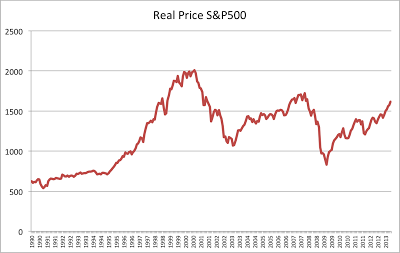Die Politik dagegen ist in einer Zeit, in der weitreichende Entscheidungen getroffen werden mssen, mehr denn je auf Orientierung angewiesen. Und die knnen die Wirtschaftswissenschaftler immer weniger bieten. Schuble erzhlt gerne, dass amerikanische konomen rieten, weniger zu sparen, whrend deutsche Experten ihm das Gegenteil nahelegten.
Also geben in der Regierung Juristen den Ton an. Das prgt die deutsche Sicht auf die Krise. Fr Merkels Berater steckt Europa in der Klemme, weil bestehende Vertrge nicht eingehalten wurden. Und so tfteln sie an immer neuen Vertrgen, die schwerer zu umgehen sein sollen. Der Fiskalpakt fr die Begrenzung der Staatsschulden ist bereits verabschiedet, derzeit wird ein Abkommen fr Strukturreformen ausgearbeitet. Dahinter steht der Glaube, dass sich die Welt mit Rechtsakten ordnen lsst und die Wirtschaft floriert, wenn die Guten belohnt und die Bsen bestraft werden.
Fr die meisten konomen hingegen ist die Krise allen Meinungsverschiedenheiten zum Trotz nicht das Ergebnis individuellen Fehlverhaltens, sondern systemischer Natur. Sie sei darauf zurckzufhren, dass durch die Einfhrung der gemeinsamen Whrung zu viel Kapital vom Norden in den Sden Europas geleitet wurde. Wer die Guten sind und wer die Bsen die Haushalte im Sden, die das billige Geld ausgegeben haben oder die Sparer aus dem Norden, die es ihnen zur Verfgung stellten , ist dann nicht mehr so klar.







 for some private wealth +
for some private wealth +  for the state of many countries and many people.
for the state of many countries and many people.











Bookmarks